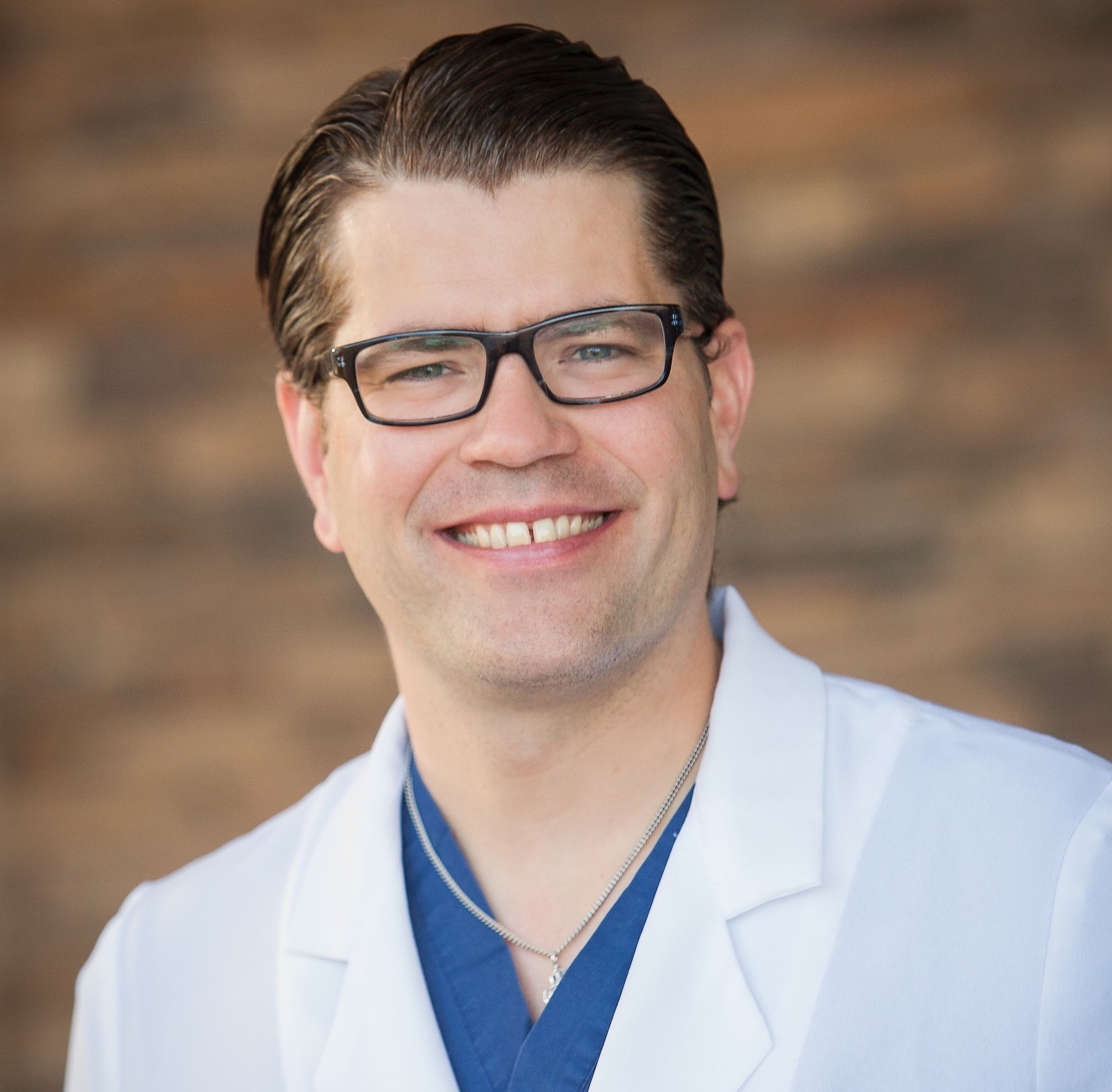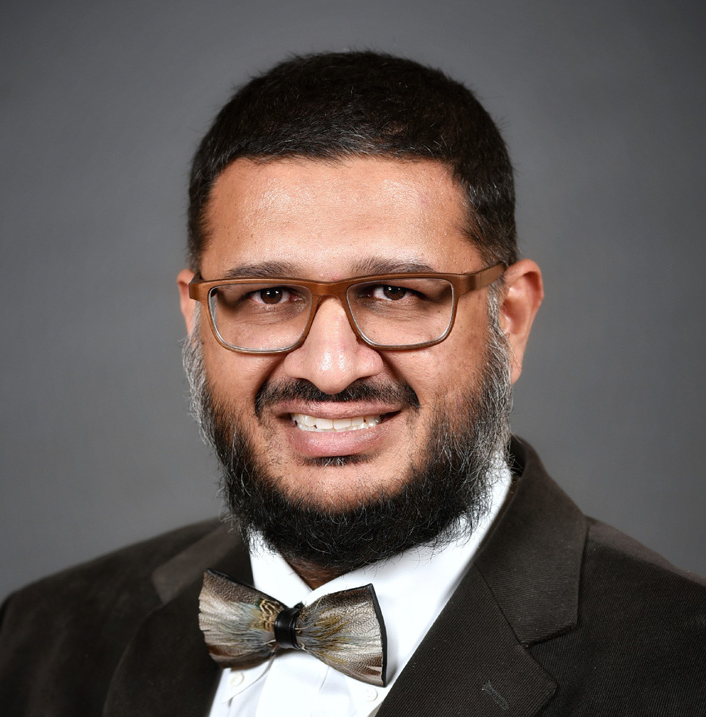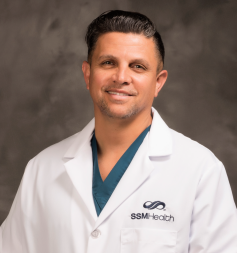Stay ahead of emerging programs, sign up to get email updates
Program Details
This course will provide essential background in theoretical knowledge, as well as clinical and technical skills required for clinicians to undertake the endovascular creation of an arteriovenous fistula for hemodialysis. Topics covered include identifying endoAVF candidates, planning cases and managing the procedure for ultimate success in providing patients a vascular access without open surgery. Experienced specialists will deliver in-depth lectures and live case observations. They will also guide you through hands-on cadaveric work to simulate in-case device handling and essential fluoroscopic technique.
*There will be a review process after registering interest for this program prior to confirming your seat*
Attendees can expect to be fully immersed in, but not limited to, these topics:
- Benefits of EndoAVF
- WavelinQ™ EndoAVF System Device Overview
- Vascular Anatomy and Physiology
- Patient Selection and Vessel Mapping
- Case Planning
- Procedural Management; Patient prep & Surgical set-up
- Troubleshooting
- Case Studies
To learn more about the WavelinQ™ EndoAVF System by visiting our website wavelinq.bd.com
Virtual Program
2hr
All
Regions
Programs Lorem ipsum dolor
Lorem ipsum dolor sit amet, consectetur adipiscing elit, sed do eiusmod tempor incididunt ut labore et dolore magna aliqua. Lorem dolor sed viverra ipsum nunc aliquet. In nulla posuere sollicitudin.
Lorem ipsum dolor sit amet, consectetur adipiscing elit, sed do eiusmod tempor incididunt ut labore et dolore magna aliqua. Lorem dolor sed viverra ipsum nunc aliquet. In nulla posuere sollicitudin.
Faculty

Stephen Hohmann, MD
Stephen E. Hohmann, M.D., is a board-certified general and vascular surgeon. His expertise is the medical and surgical treatment of vascular disorders including carotid stenosis, peripheral vascular disease, aneurysmal disease and venous disease with a special interest in dialysis access.
After graduating magna cum laude from the University of Southern California, Dr. Hohmann earned his medical degree at University of California, San Diego. He then completed a general surgery residency and vascular surgery fellowship at Baylor University Medical Center, Dallas, TX.
Dr. Hohmann’s research interests include arteriovenous grafts for hemodialysis and vascular grafts. He currently serves as site Principal Investigator for the clinical trial of a bioengineered medical device for hemodialysis as well as a new graft for hemodialysis. He has authored several publications in peer-reviewed medical journals. In addition, he has presented his work and proctored at more than 50 local, regional, national, and international medical conferences and symposia, including the Charing Cross International Symposium, VEITHsymposium™, Controversies in Dialysis Access Meeting, Vascular Access Society of the Americas and the annual meeting of the Society for Vascular Surgery.
A fellow of the American College of Surgeons, Dr. Hohmann is also a member of the Society for Vascular Surgery, the Vascular Access Society of the Americas, the Southern Association for Vascular Surgeons, and the Dallas County Medical Society. He has received several awards for scholarship, research, and patient care, and has been named on the D Magazine peer-nominated list of Best Doctors in Dallas for the past four years.

Neghae Mawla, MD
Dr. Mawla has been with Dallas Nephrology Associates since 2008. He is the Director of the Endovascular AVF Program and Medical Director of the DNA Vascular Center in Plano. His passion has always been with dialysis access. Recently, this has extended into endovascular creations, maturations and cannulations. He completed medical school at UT-Houston. His residency, nephrology and interventional nephrology training were all at Saint Louis University.

Alejandro Alvarez, MD
Alejandro Alvarez, MD is a board certified in internal medicine and in nephrology and specializes in dialysis vascular access. He serves as medical director of the SSM Health Vascular Access Center at SSM Health St. Mary's Hospital in St. Louis.
Dr. Alvarez graduated from Colombian School of Medicine at El Bosque University. He completed a clinical fellowship in nephrology in the renal division at Washington University School of Medicine in St. Louis and Later served as assistant professor of internal medicine/renal division at Saint Louis University School of Medicine, where he was a faculty member of the Clinical and Interventional Nephrology team.
He is a member of the American Society of Diagnostic and Interventional Nephrology and the American Society of Nephrology.
Meet Your Instructors
Name, Title, Institution
Name, Title, Institution
Name, Title, Institution
Name, Title, Institution
Name, Title, Institution
Name, Title, Institution
Name, Title, Institution
Name, Title, Institution

